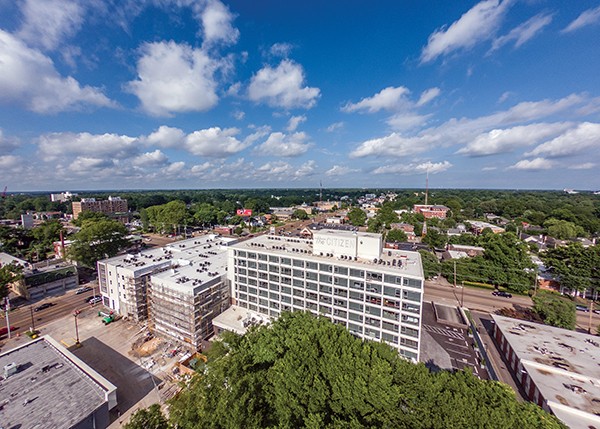Amid legal developments that could make it a potentially pivotal week in the Memphis mayoral race, it might be useful to hazard a brief synopsis of how the various campaigns are stacking up.
Floyd Bonner: The Shelby County Sheriff launched his candidacy last fall with good prospects of putting potential rivals in the dust.
Bonner had handily won two successive county races, leading all candidates in vote totals both times. The fact that crime loomed as the likely major issue to be faced by city voters undoubtedly boosted his profile.
Almost immediately, Bonner attracted the same kind of influential bipartisan support that he enjoyed in his races for sheriff. His campaign team actually envisioned amassing enough cash reserves early enough to dissuade potential rivals from running. And indeed, with first-quarter receipts of some $300,000 this year, and with good numbers anticipated in the soon-t-be second quarter disclosures, he has delivered. But Bonner’s then anticipated opponents didn’t scare.
Paul Young: The Downtown Memphis Commission CEO matched Bonner dollar for dollar and even exceeded the sheriff somewhat. This was the result of months and even years of advance preparation and of a robust standing with the city’s business and civic elite. Young is thought to be the preferred candidate of the current city administration, though incumbent Mayor Jim Strickland is himself conspicuously neutral so far. He is also thought to be ahead in fundraising at this point, whether marginally or to larger degree.
Young’s major problem is that, however well he rates with insiders, he still lacks much name recognition with the public at large. In the long term, his campaign money will have to buy that.
In the short term, Young stands to benefit hugely if the Election Commission’s provisional ruling requiring a five-year prior residency in Memphis — one that would disqualify candidates Bonner, Van Turner, and Willie Herenton — is upheld. A ruling is expected shortly in Chancery Court. “Either way is fine with me,” Young said at an event Saturday. Sure.
Van Turner: The mayoral ambitions of the former Shelby County Commission chairman and current NAACP head have been known for years, and he is generally respected across the political spectrum, though his most significant following is among Democratic Party regulars — a fact not to be discounted, given the demographic edge demonstrated by the party in recent local elections.
Turner has struggled to keep up with the fundraising totals of Bonner and Young, though he was in the ballpark on the first quarterly report, with some $150,000 raised. Since then, he has figured prominently, in national as well as local media, in public reckonings of the tragic death of Tyre Nichols at the hands of Memphis police. This kind of free media is also not to be discounted, though its shelf life is unknown.
Turner’s suit challenging the Election Commission ruling on residency is one of two (the other is Bonner’s). The outcome is, of course, crucial.
Willie Herenton: The former longtime mayor is also vulnerable on the residency score on account of a brief sojourn in Collierville — an ironic fact, given that 30 years ago he personally created the sprawling (and enduring) Banneker Estates development in south Memphis.
There is in any case no questioning the historical cachet of the first elected Black mayor in Memphis history, one who served 17 years and claimed several achievements — notably his leadership of a defiant 1997 effort that successfully ended in a legal reprieve for Memphis vis–a-vis “toy town” legislation that would have blocked the city’s legitimate avenues for expansion.
Herenton remains a controversial figure, as much because of his strong and sometimes disputatious personality as for any lingering racial animus among the city’s Old Guard. But he can claim a substantially sized loyalist base in the inner city and has to be reckoned with in a crowded, winner-take-all field.
(Next: Part Two: J.W. Gibson heads a second tier with potential for rising.)
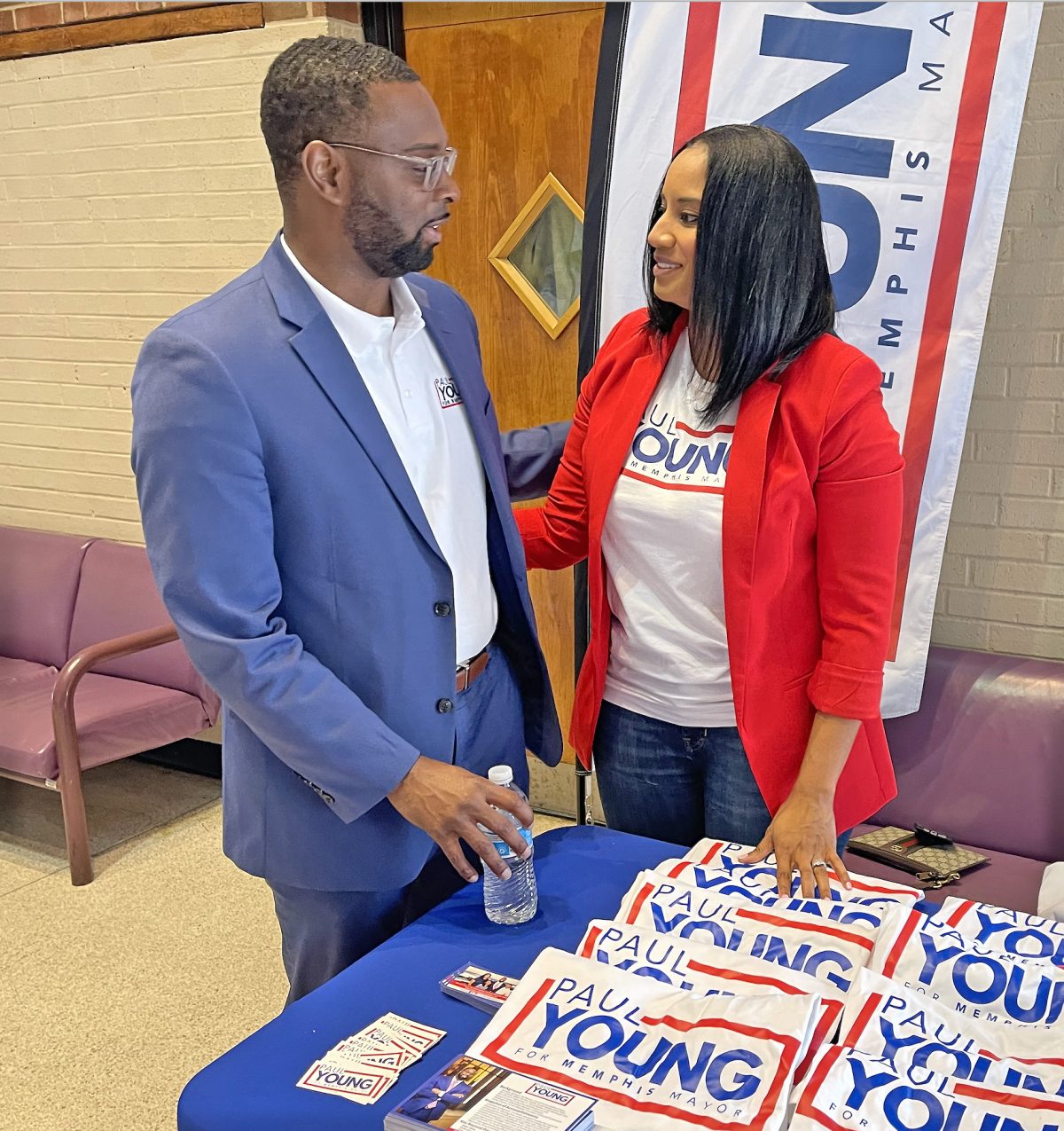


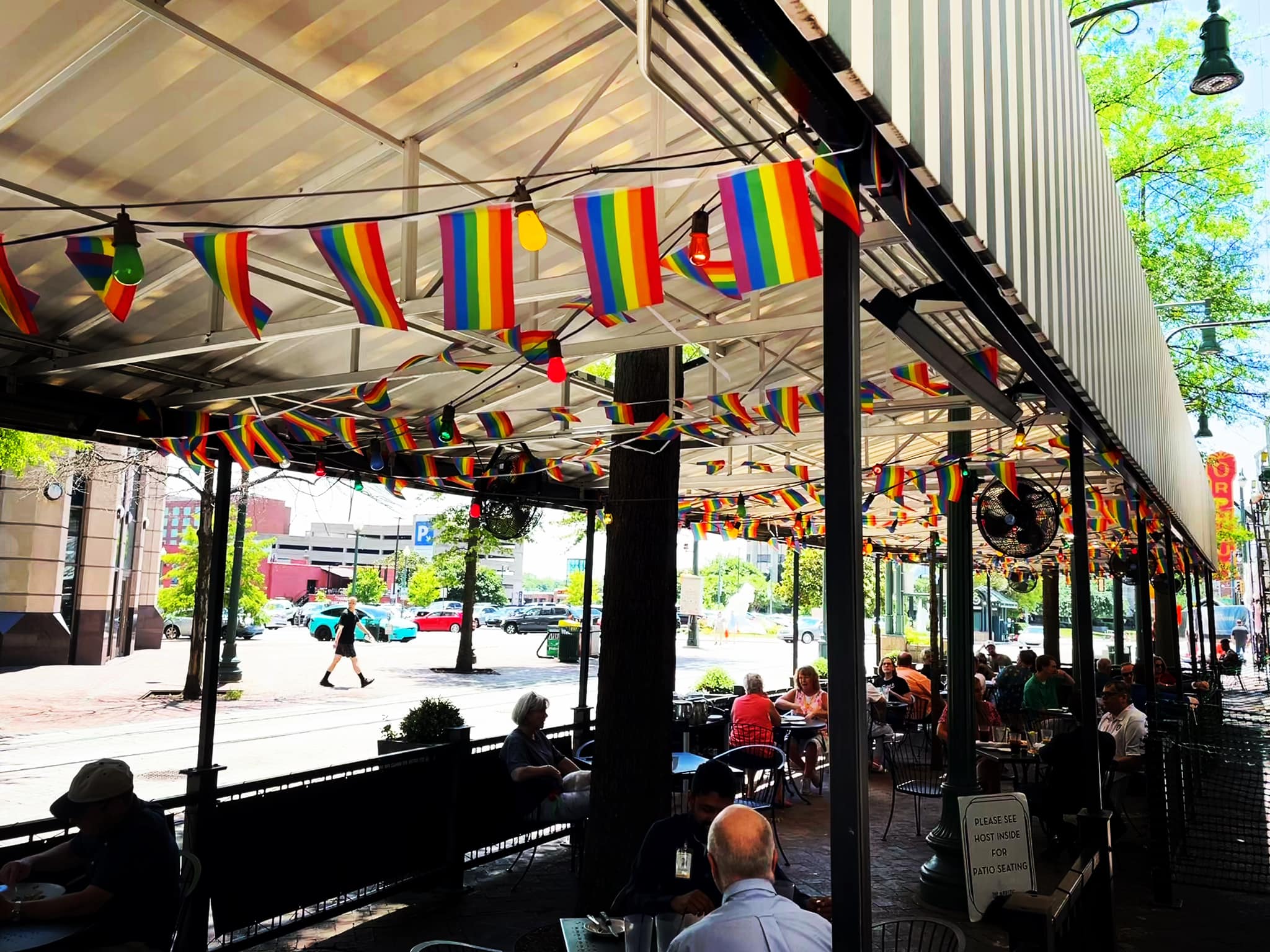
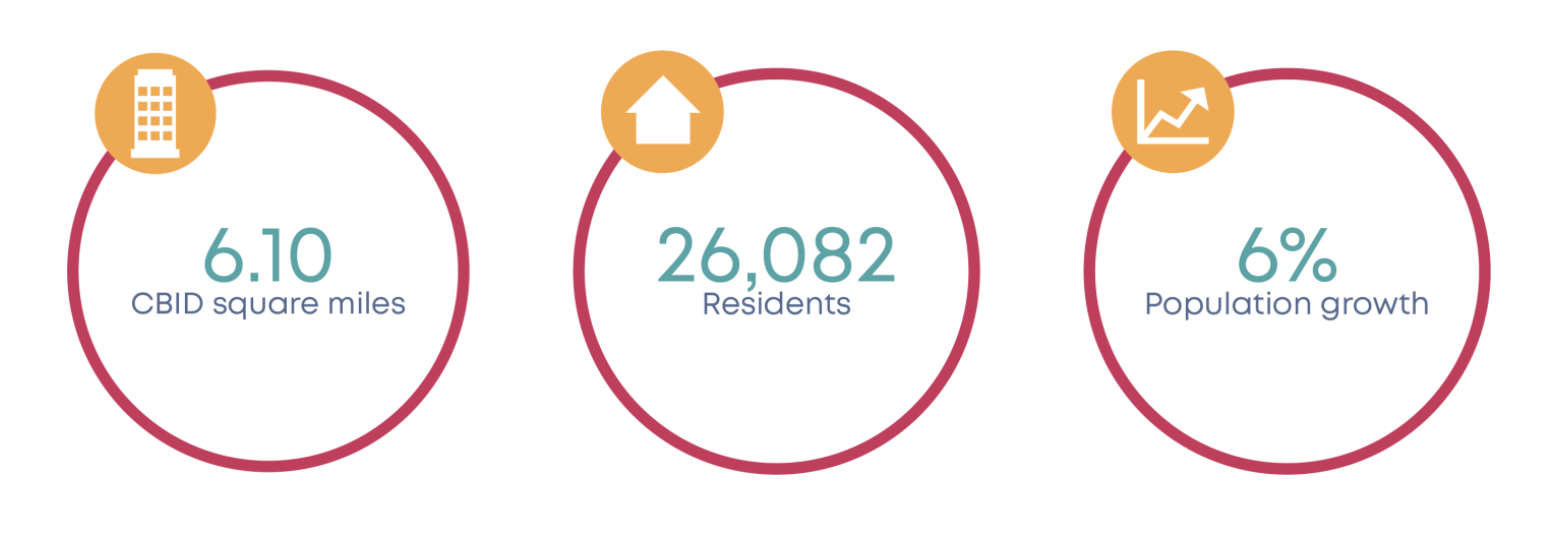


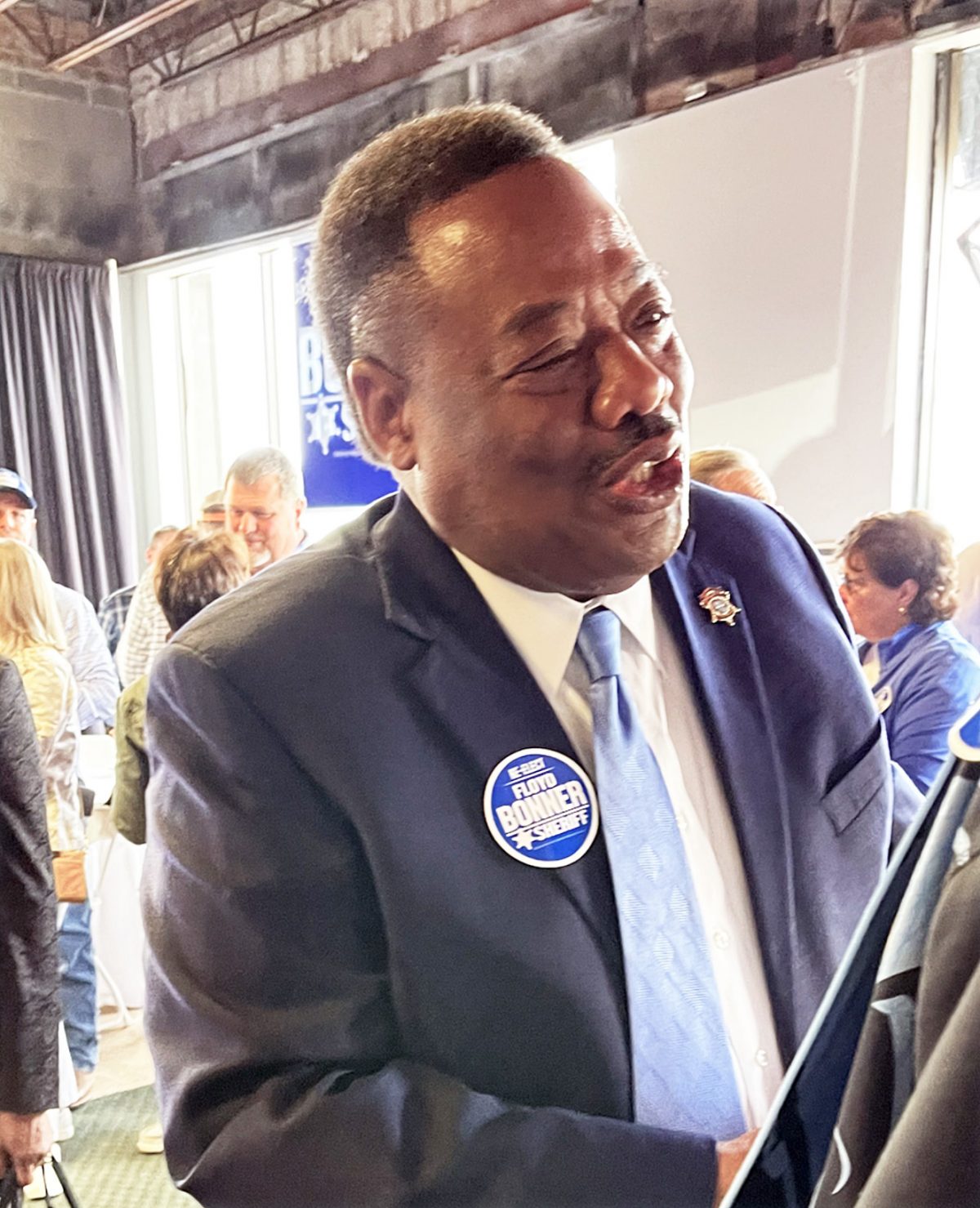
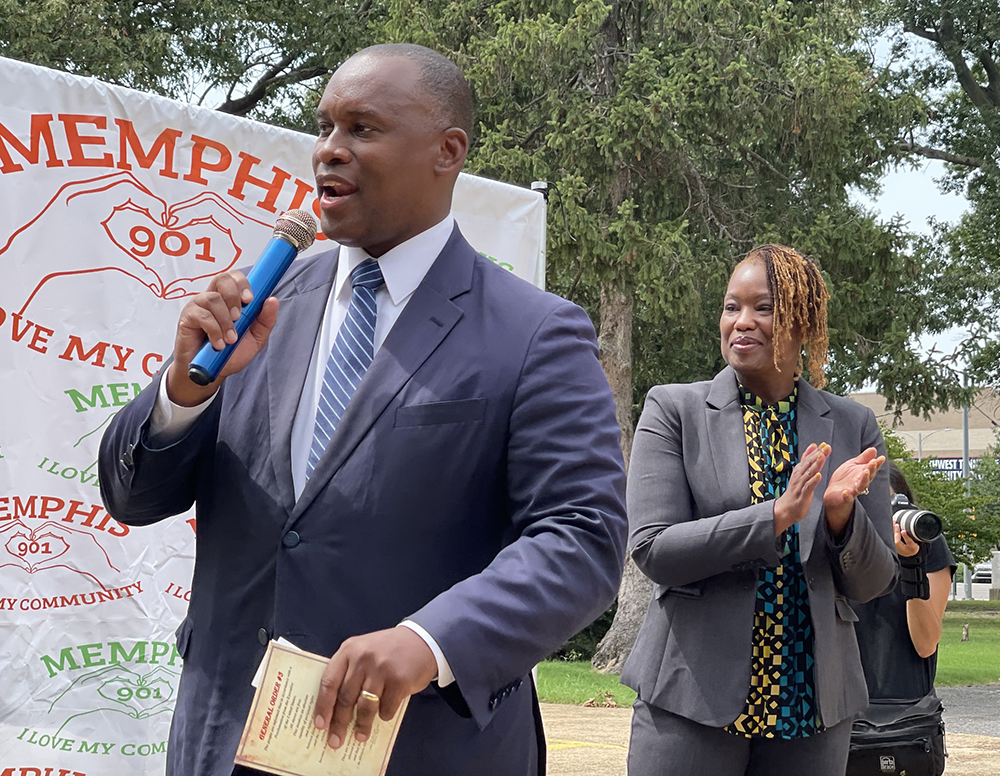

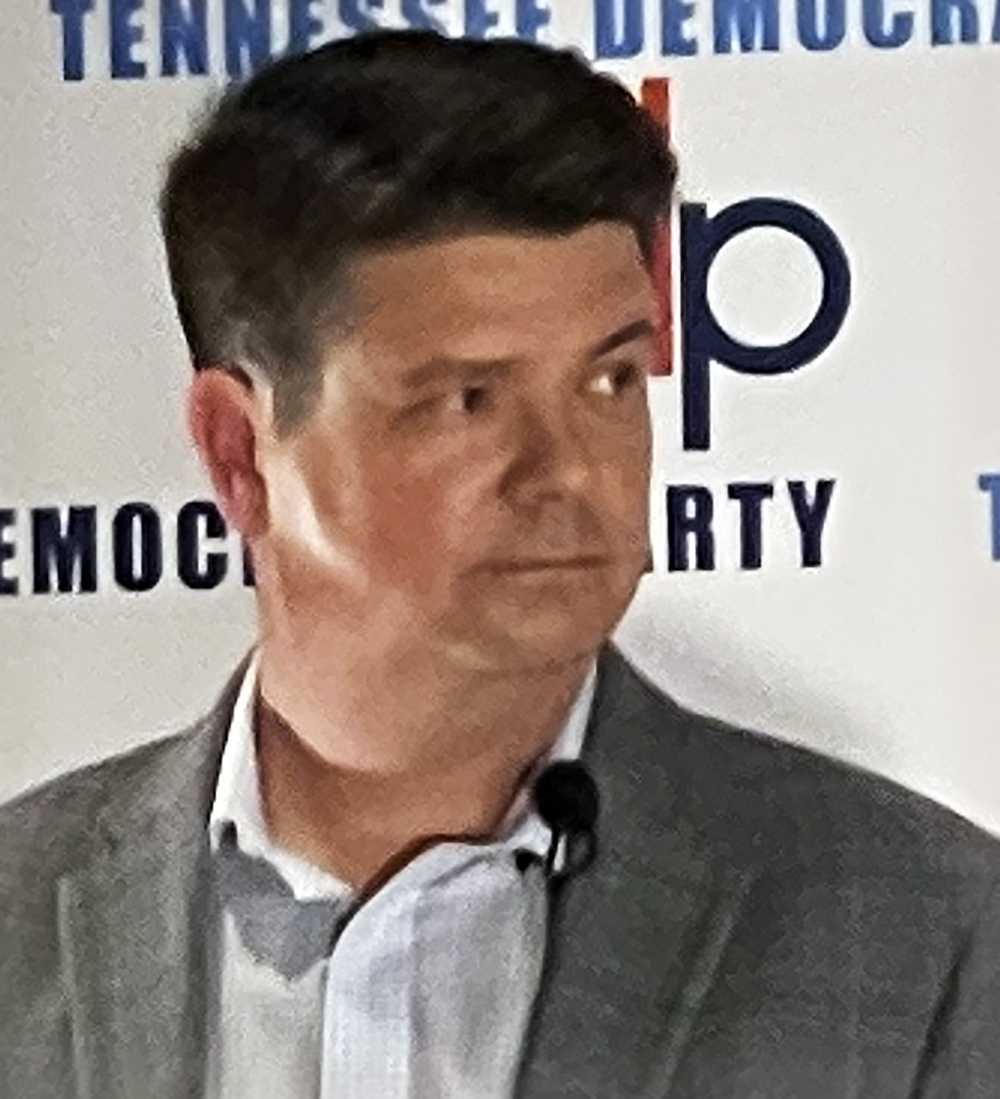
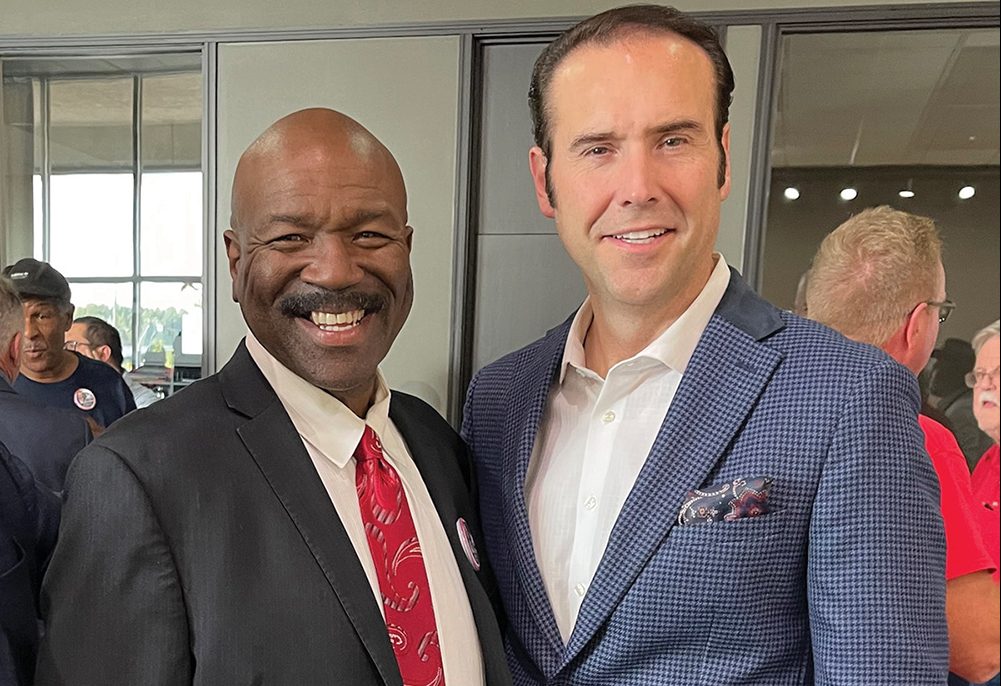
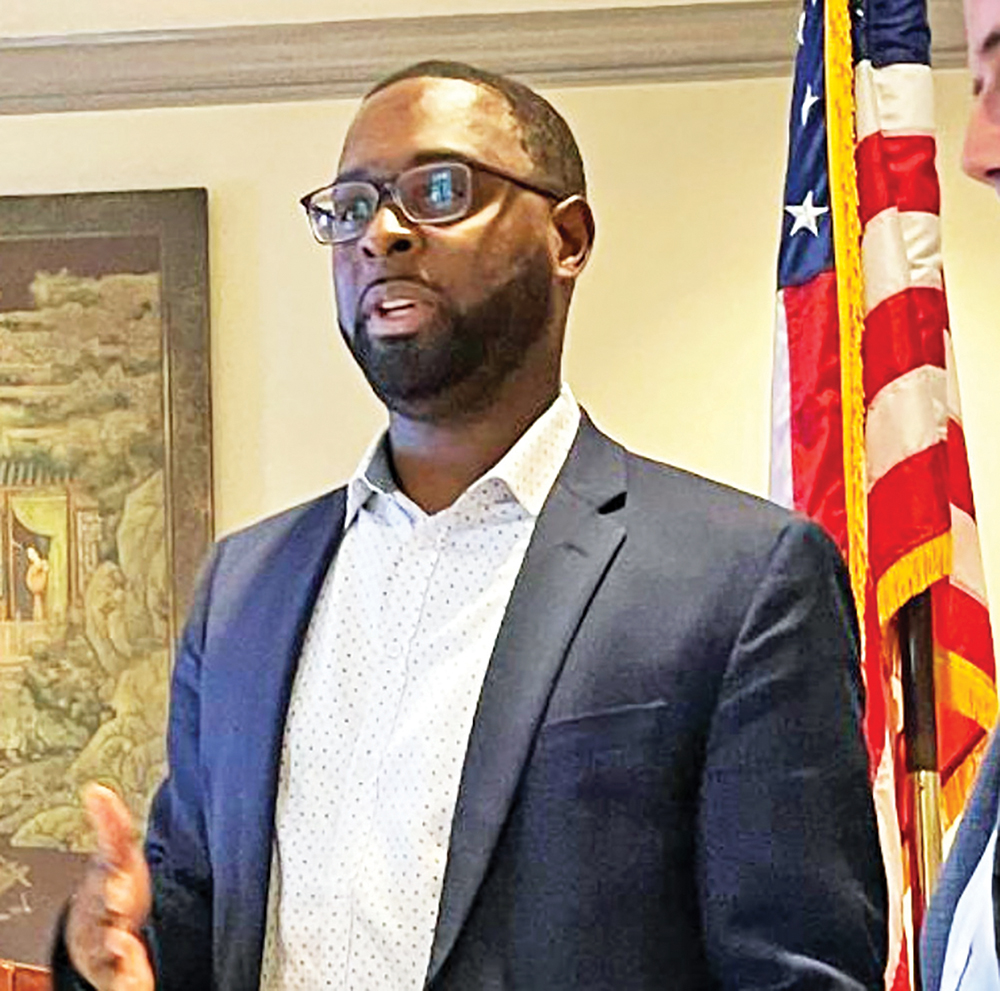
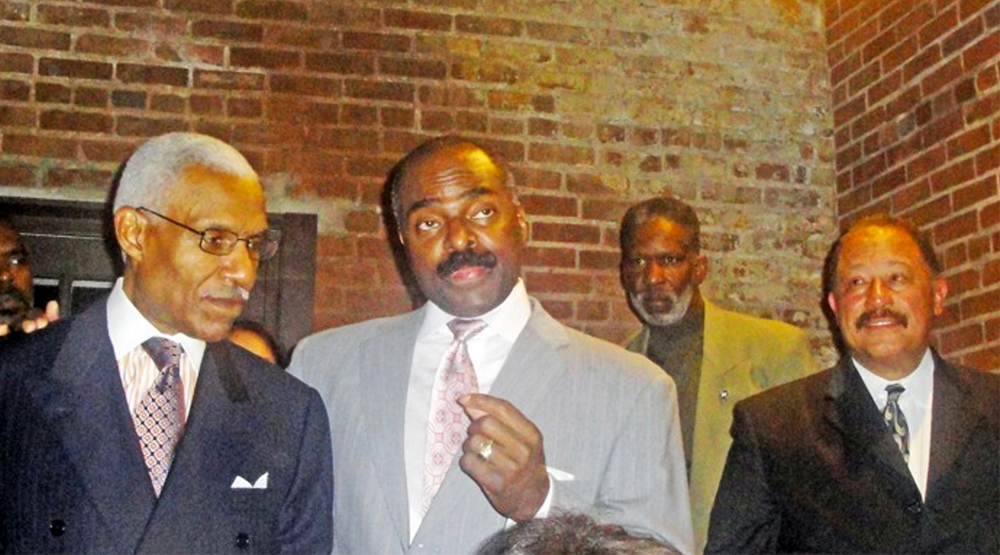
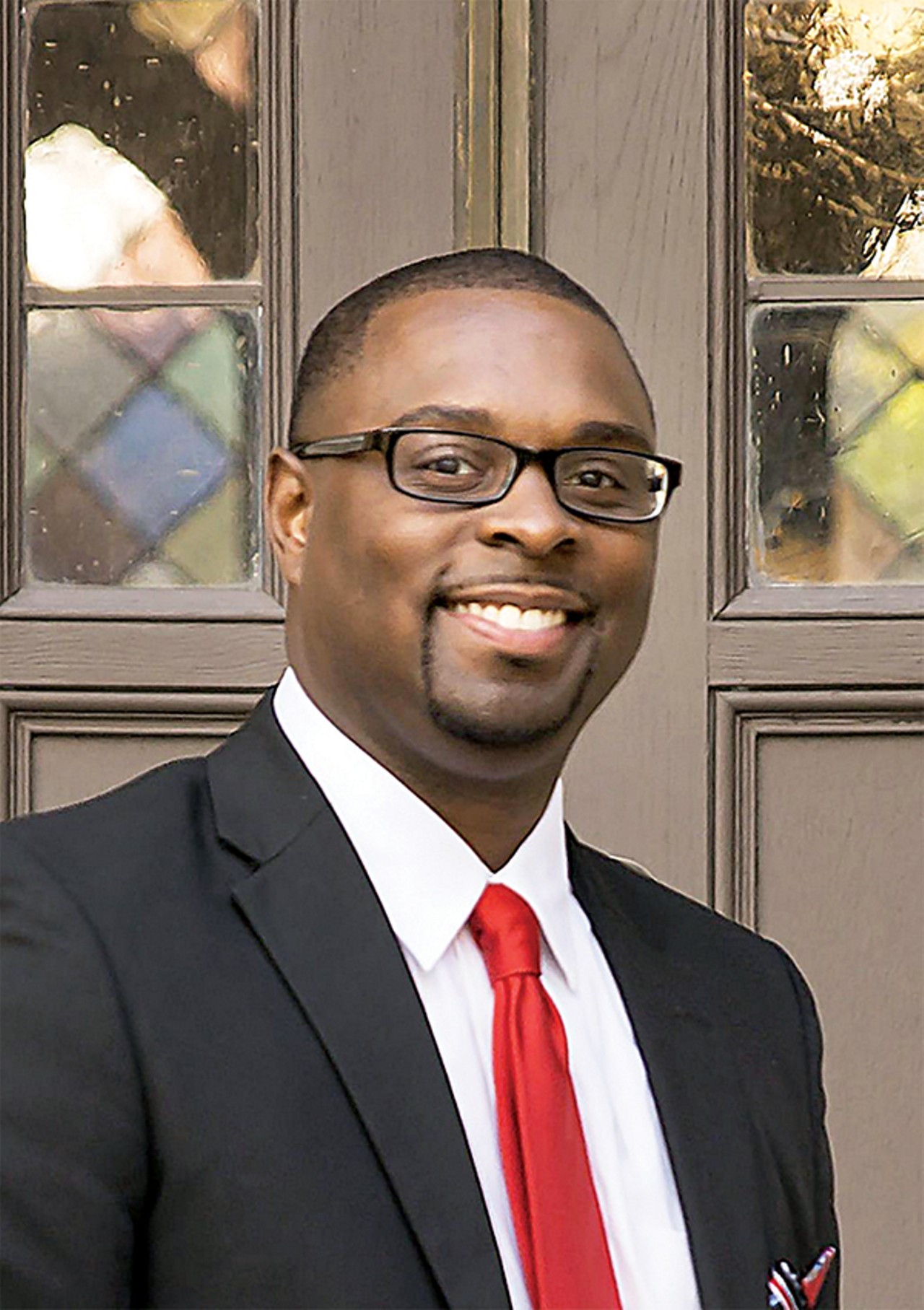
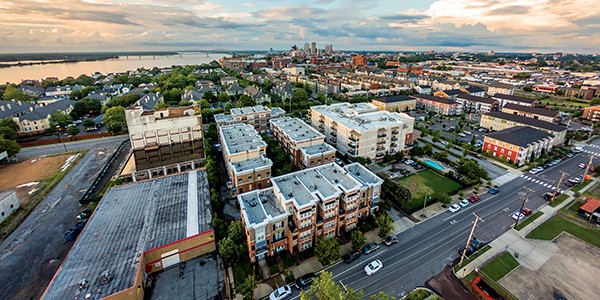
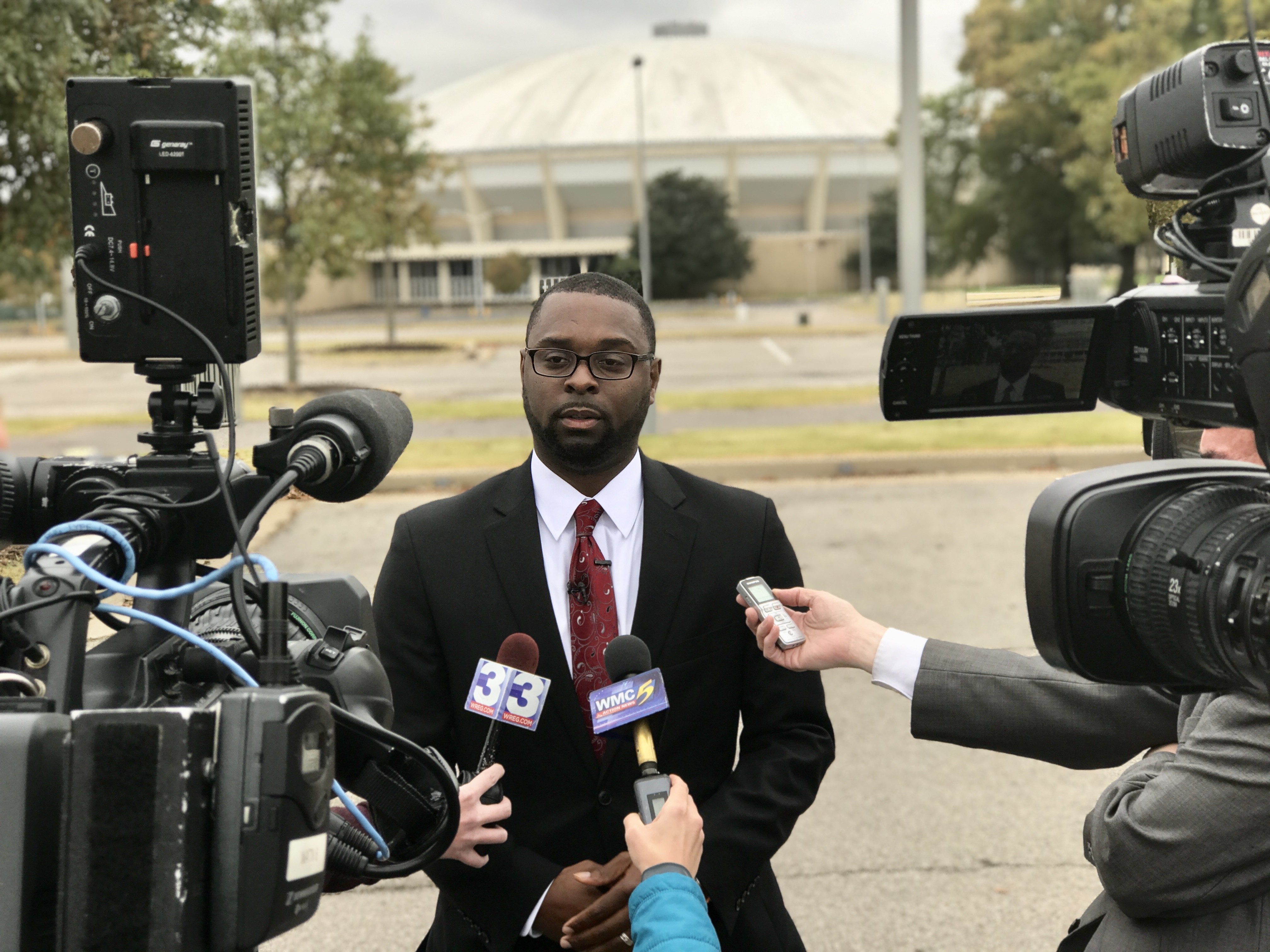 Toby Sells
Toby Sells 
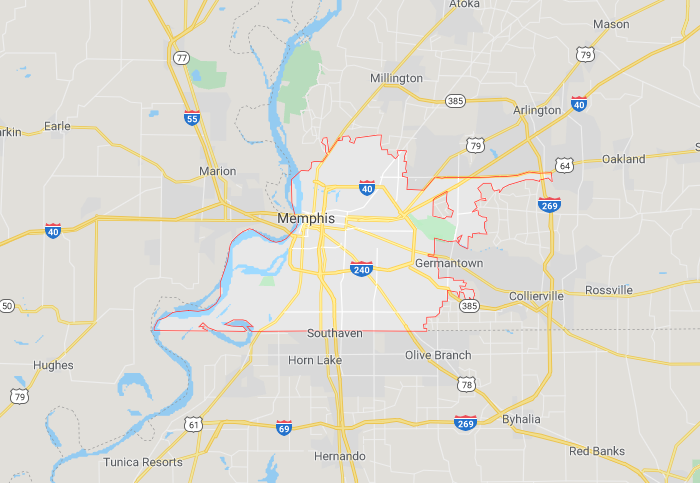 Google Maps
Google Maps 